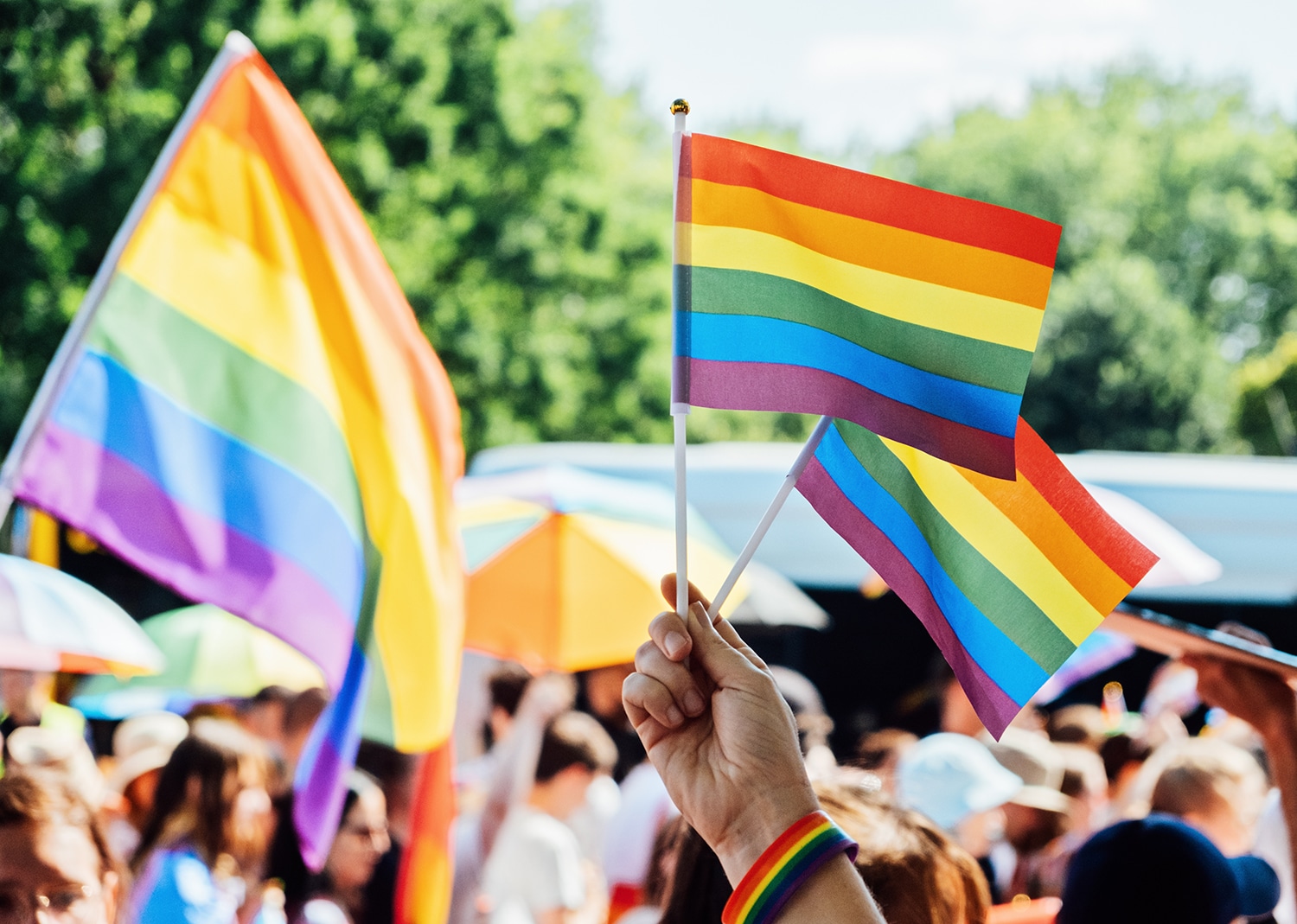I spent Corpus Christi this year with a priest I greatly admire, Father Bernard Healey. Father Healey is pastor of Our Lady of Mercy parish in East Greenwich, Rhode Island. Our Lady of Mercy is a marvelous parish, the sort of parish that boasts long lists of ministries of every kind on the parish website. (It also has beautiful music and I wanted to hear the sequence for the feast!) I was traveling and needed a Mass close to an airport. I wasn’t about to miss participating in a Corpus Christi procession! And so Father Healey generously played the part of host, as he has many times in the years I’ve known him.
It just so happened that on Corpus Christi this year, the parish was celebrating the graduates of Our Lady of Mercy School. At the opening of the Mass, the class of 2024 processed in, smart and crisp in their blue and white graduation gowns (blue for the gentlemen, white for the young ladies). They sat at the front of the church, surrounded by family and friends.
In his homily, Father Healey masterfully wove together the two occasions. He began by recounting all the times in life we process. Some processions are purely secular: in the office, we process in and out of meeting rooms; in sports, we process on and off the field. But other processions are religious: to the font at our baptism, to the altar at a wedding, through the doors of the church one last time at the end of our funeral Mass.
But, as Father Healey argued, no procession is more important than the procession of following Christ. Our lives as disciples are the following of Christ, carrying the compassion and mercy of Our Lord into the world. It’s the vocation of every Christian. And it’s modeled in dramatic fashion on Corpus Christi, when we follow the Lord.
Pope St. John Paul II wrote, “True holiness does not mean a flight from the world; rather, it lies in the effort to incarnate the Gospel in everyday life, in the family, at school and at work, and in social and political involvement.” In the Corpus Christi procession, that’s what we’re doing. We’re carrying Jesus into the world. Not the sign of Jesus. Not an image of Jesus. Not a symbol of Jesus. We are actually bringing Christ. And as believers, we are confident that the graces of the sacrament will draw others to him.
Recently, I walked in a Eucharistic procession that was part of the ongoing National Eucharistic Pilgrimage. At one point, I turned to the pilgrim next to me and introduced myself. She began to share her story. It turned out that she was a Navy veteran turned commercial pilot who heard about the procession and built a few extra days into her calendar to participate in the pilgrimage. When I asked her why it was so important, she was overcome with emotion. She required a few moments to collect herself. And then she gently sobbed, “He’s just so good.” She was overcome with gratitude for all that God has done in her life.
I don’t understand the criticism leveled at Eucharistic processions online or in some circles of the Church. Processions are, as Father Healey says, part of the course of life and mark some of the most important moments. They’re part of the course of discipleship. The Gospel compels us to carry Christ to the world. And the best part, they are celebrations of gratitude, when we thank God for the many good gifts that he has given us.







